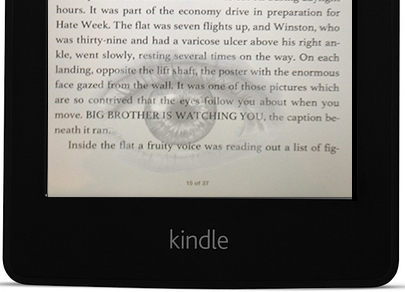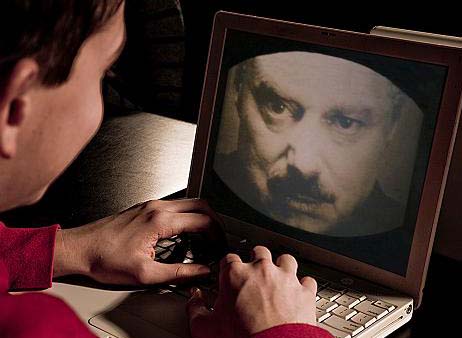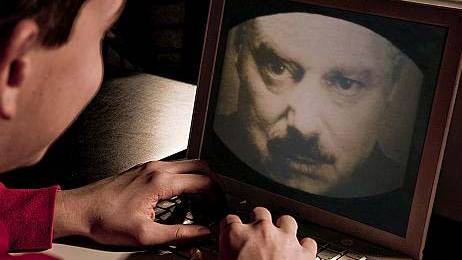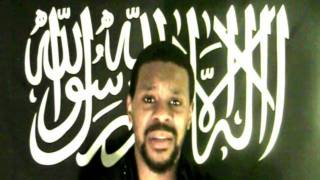Big Brother is watching: Teachers track whether students are doing their e-readings
Source: ca.news.yahoo.com

For most university and college professors, you only find out if your class did the assigned readings when you ask a question during lecture – only to be met by averted eyes and uncomfortable shuffling in seats.
Some Texas A&M professors, however, can now know for certain whether or not their students have read their textbooks. A pilot project with CourseSmart technology will let those profs know if students have done the e-readings, right down to knowing if students had skipped pages, taken notes or highlighted passages.
"It’s Big Brother, sort of, but with a good intent," Tracey Hurley, the dean of the school of business at Texas A&M, told The New York Times.
CourseSmart is a digital textbook service that lets students rent digital versions of their course materials so they can read them on their computer, or via the CourseSmart apps for iPad, iPhone and Android devices. There’s plenty of benefits, like never leaving a textbook at home and being able to search the textbook for key words or phrases electronically. But the technology has also brought with it the ability for professors and publishers to monitor how people are reading the textbooks, which is a dream for the profs, but worrisome for certain students.

Chris Dede, a professor of learning technologies at Harvard’s Graduate School of Education, shared his concerns with The New York Times, saying that the data being collected by CourseSmart isn’t enough to make informed decisions in the classroom.
"The possibilities of harm are tremendous if teachers are naïve enough to think these scores mean anything for the vast majority of students," Dede said.
The score Dede refers to is the ’engagement index’ number that is generated by a student interacting with the text. As students spend time reading pages, highlighting passages, or taking notes within the app, the CourseSmart app records their activity and relays it to their professor. The professor can then identify students that have spent substantial amounts of time studying and see if it’s reflected in their marks, or vice versa: if a student only opened their book once in the semester before a big test but still did well, the prof might still pull them aside to discuss their study habits.
[...]
Read the full article at: ca.yahoo.com
Tune into Red Ice Radio and hear from people who are fighting such tracking and monitoring measures:
Katie Deolloz & Andrea Hernandez - RFID Spy Chip Tracking in Schools
Guests also speak on the microchip agenda and surveillance tech:
Kevin Warwick - "I, Cyborg": Implants, RFID, Microchips & Cybernetics
Nick Begich - Mind Control & Emerging Technologies
Kent Daniel Bentkowski - The Microchip Agenda
John Hall - Satellite Terrorism, Surveillance Technology, Implantable Microchips & Biometric ID Cards






















